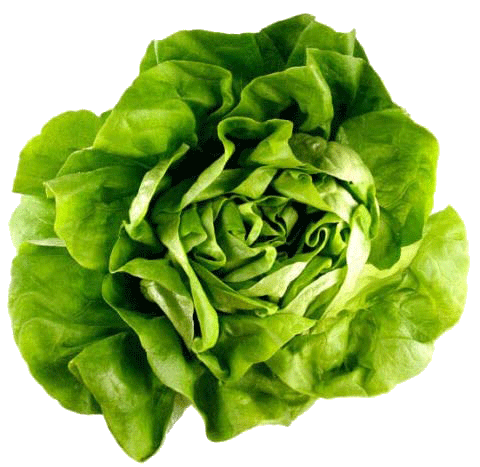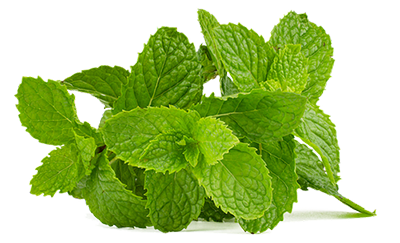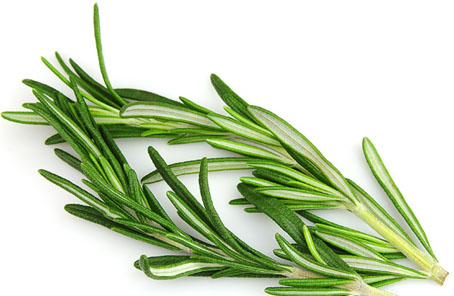Rosemary Herb
(and several other varieties)





Health and Nutritional Benefits
Rosemary is touted for its many nutritional benefits. Its nutrients can be consumed as seasonings to dishes or in a tea infusion. It is full of folates, riboflavin, vitamin A, vitamin C, calcium, iron, manganese, and other essential nutrients. It is high in dietary fiber and has no cholesterol.
Nutrition Facts
For every 1oz or 10 tablespoons of rosemary you get the following nutritional content:
| Calories | 37 |
| Carbs | 5.9 grams |
| Fiber | 4 grams |
| Protein | 0.9 grams |
| Fat | 1.7 grams |
Health Benefits
- Rosemary is rich in antioxidants called rosemarinic acid and other essential oils that have anti-inflammatory, anti-fungal, and anti-allergic properties.
- It is also rich in folates including folic acid and riboflavin that are helpful for pregnant women to facilitate proper DNA synthesis to prevent birth defects.
- To maintain eye and skin health, the high levels of Vitamin A of rosemary herb can help. This also helps in promoting lungs and oral cavity health.
- The vitamin C in fresh rosemary leaves also helps in producing collagen that helps in repairing the skin and organs.
- The minerals contained in rosemary herbs including calcium, potassium, iron, copper, manganese, and magnesium all help in the proper functioning of the circulatory system, controlling the heart rate and blood pressure.
Not only does rosemary herbs make your culinary masterpiece a lot more delicious, but it is also packed with nutritious components that your body needs for optimal health.